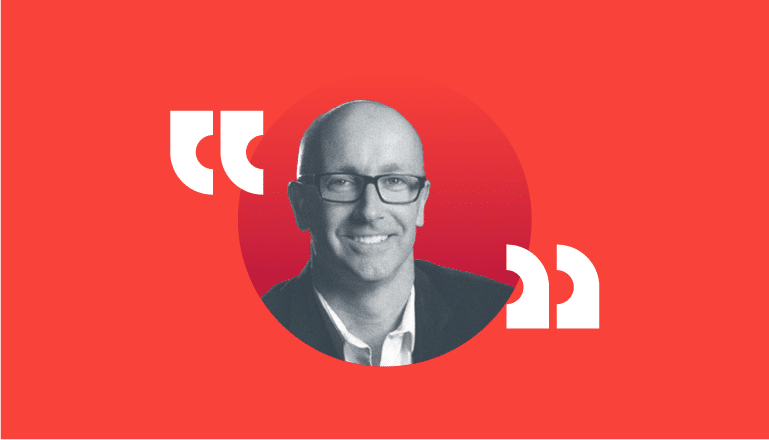March 28, 2018 | Net Health
3 Minute Read
Health Concerns: Dementia and Hospice Care
There are an estimated 50 million people worldwide diagnosed with dementia, and that number is expected to almost double every 20 years, reaching 75 million by 2030. According to the Alzheimer’s Association, 1 in 3 seniors dies with Alzheimer’s disease or another form of dementia.
With a growing elderly population living with the disease, understanding risk factors and how to effectively manage end-of-life care has been an ongoing challenge. Recent research, however, has shed new light on the problem and shown promise for better diagnosis and treatment of dementia through technology.
Dementia links to sugar and alcohol levels
A new study, published in the journal Diabetologia, has linked cognitive decline with high blood sugar levels for both diabetics and pre-diabetics. Conducted over a 10-year period, the study found that increases in HbA1c levels, a measurement of blood sugar levels over time, corresponded with decreases in memory and executive functioning.
In another recent study that looked at dementia risk factors in France, researchers found a link between alcohol and dementia, especially early-onset dementia. While other research has pointed to the benefits of light-to-moderating drinking, this study showed that heavy drinking (three to five drinks a day) is a major risk factor for dementia of all types, in addition to its other deleterious effects on health.
It would appear that our ability to prevent the onset of dementia could be, in some part, influenced by lifestyle and choices. This makes it even more important for healthcare providers to educate people on the risks and encourage healthier habits and diet.
However, for people already suffering from dementia, determining the appropriate end-of-life care has proven to be more complex, with its own set of challenges.
When is hospice care appropriate?
According to the National Hospice and Palliative Care Organization (NHPCO), dementia was the primary diagnosis in only 16.5% of Medicare hospice patients in 2015, up from just 13% in 2010. When compared to the rising number of deaths due to dementia—Alzheimer’s-related deaths increased by 55% from 1999 to 2014—this growth does not seem proportionate.
As more people suffer with dementia, understanding when someone might be a good candidate for hospice care is key. To qualify, an end-stage dementia patient’s life expectancy must be six months or less, but for various reasons it can be difficult to determine when a dementia patient meets that criteria. As a result, they tend to be under-enrolled in hospice care, despite the benefits of hospice care to support them through pain management and fewer hospitalizations (research suggests that patients with a history of dementia may face an increased risk of functional decline during hospitalization).
Tools including the Advanced Dementia Prognostic Tool (ADEPT) risk score and the Functional Assessment Staging (FAST) scale have been developed to estimate life expectancy among patients with advanced dementia with moderate success, and are used to help doctors determine eligibility and talk with patients and their loved ones about the progress of the disease and treatment options available to them.
AI and the promise of technology
While there is no easy solution out there today, the latest advances in artificial intelligence (AI) and data analytics show enormous promise for improving end-of-life care for dementia patients.
In a recently published study, scientists at McGill University in Canada developed an algorithm capable of recognizing the signatures of dementia two years before the onset of symptoms. The ability to predict dementia so far ahead would give dementia patients and their families valuable time to plan for the future. It would also give physicians and other clinicians the tools they need to manage patient care and recommend the appropriate treatments and options.
Another team out of the University of Toronto built a robot named Ludwig that uses machine-learning algorithms to engage with patients and analyze their speech patterns to assess their state of health and cognitive abilities.
And just a few months ago, Bill Gates announced he was investing $50 million in the Dementia Discovery Fund to accelerate research on the disease, which will use greater analysis and sharing of data to explore the risk factors and biological markers that could lead to breakthroughs in the field.
These are just a few of the innovations underway that could potentially provide life-changing support and guidance for dementia patients and their loved ones. For hospice providers, it could open the door to opportunities to deliver more targeted and specialized care for a growing population in need.
To learn more about other hospice care trends, download our white paper Top Six Trends Impacting Hospice Care in 2018.





